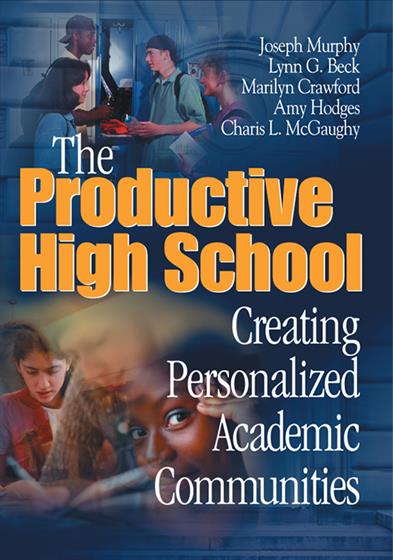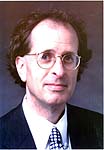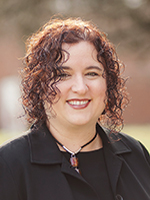Hands-on, Practical Guidance for Educators
From math,
literacy, science, equity, multilingual learners, and SEL, to assessment, school counseling,
and education leadership, our books are research-based and authored by experts
on topics most relevant to what educators are facing today.

The Productive High School
A groundbreaking, research-based discussion on high school reform!
Murphy and his colleagues discuss how reform based on empirical evidence and a robust set of theories can create productive high schools for all students. Focus is on core technologies of learning and teaching, organizational systems, and institutional linkages between schools and their environments. Using current research and case studies from successful schools, they show how to construct models of learning-driven school communities that encourage excellence.
Key concepts cover:
- Defining the learning imperative
- Developing humanized and intellectual relationships for learning
- Laying the groundwork for dynamic, adaptive change
- Building linkages with home and family
- Grade Level: 9-12
- ISBN: 9780761977780
- Published By: Corwin
- Year: 2001
- Page Count: 296
- Publication date: February 20, 2001



